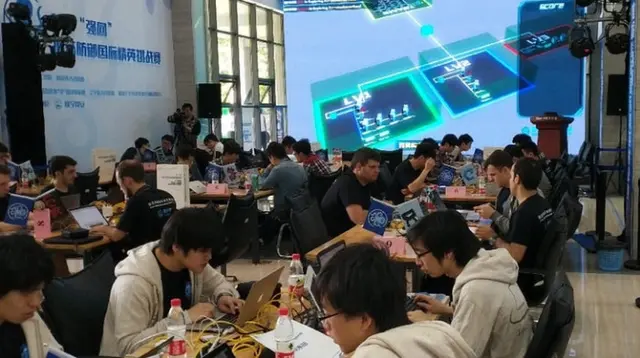The United States should support a larger role for China in the current global economic governance architecture as the two nations have much to gain from cooperation on global issues, U.S. experts saidon Tuesdayin Washington.
Kindleberger conundrum
After World War II, the United States played an instrumental role in establishing the global economic governance architecture, including the International Monetary Fund (IMF) and the World Bank, giving itself unprecedented influence.
After more than half a century, the paramount economic challenge for the two countries' policymakers is to overcome what might be called the "Kindleberger Conundrum," named after U.S. economic historian Charles Kindleberger, said Arvind Subramanian, a senior fellow at the Peterson Institute for International Economics, at a luncheon seminar hosted by the Washington-based think tank.
According to the theory, he said, the preservation of an open, rule-based multilateral economic system goes against the backdrop of the historic shift, in which rising powers might be unwilling to sustain it at a time when a declining power is increasingly unable to single-handedly shoulder the burdens of leadership.
The two countries must overcome their mutual wariness, not simply on specific issues, but on how they view their systems and their roles in the world, Subramanian said, adding that there is reason to be optimistic about an open global economic system through the bilateral cooperation.
Empowerment, not containment
As the largest shareholder in both the IMF and the World Bank, the United States should support the idea of increasing China's quotas in these U.S.-dominated agencies, offering China the veto power in the IMF, and placing the RMB in the basket of currencies making up the special drawing right, the IMF's special currency, Subramanian said.
Kurt Campbell, former U.S. assistant secretary of state, said that welcoming China into multinational institutions has actually already taken place.
"We have in fact wanted China to play a larger role in many of these institutions for over a decade," he said.
"Every country in Asia wants better relationship with China," and the very usage of the term "containment" resembles the residue of a period in history that is long gone, said Campbell, who is widely regarded as a key architect of the U.S. "Pivot to Asia" strategy.
Echoing Subramanian's view, Joseph Nye, a Harvard University professor, said the United States should not contain China, but work with the world's second largest economy.
Containment is simply not a relevant policy tool for dealing with a rising China, Nye said in a recent article.
"Power is the ability to obtain the outcomes one wants, and sometimes America's power is greater when we act with others rather than merely over others," he said, adding that the world's two largest economies have much to gain from cooperation on fighting climate change, pandemics, cyberterrorism and nuclear proliferation.
Subramanian recalled that Robert Zoellick, former president of the World Bank, once said the United States would accept the rise of China as a "responsible stakeholder" when he was deputy secretary of state under then president George W. Bush.
However, he said the United States must adjust its role and how it deals with China and move beyond familiar exhortations for China to become a "responsible stakeholder.
He noted that in a recent speech, Zoellick urged the United States and China to explore a new "Great Power Relationship," an apparent allusion to Chinese President Xi Jinping's call for a new type China-U.S. relationship.
On the trade front, the United States should halt such China-discriminatory initiatives as the Trans-Pacific Partnership and the Transatlantic Trade and Investment Partnership between the United States and the European Union, in favor of a new World Trade Organization-led global liberalization initiative, Subramanian said.
 简体中文
简体中文

